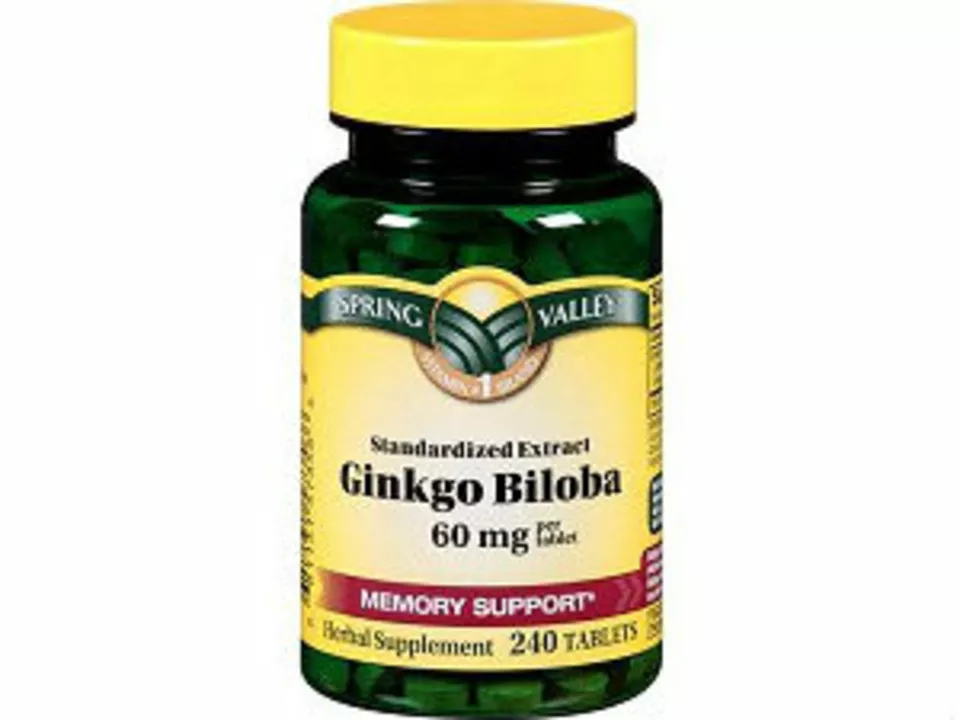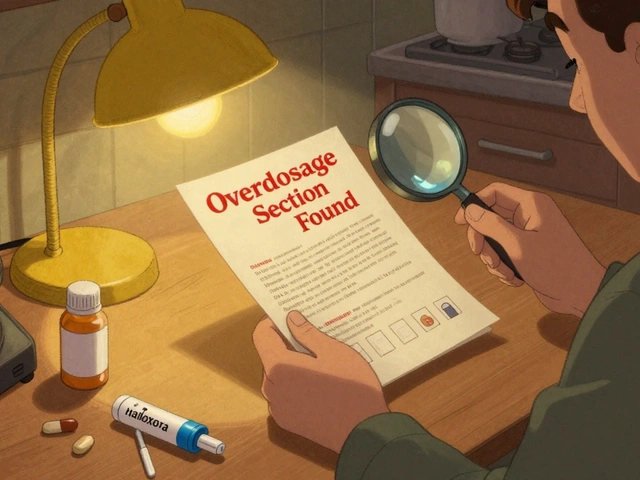Happiness & Medicines: How Drugs, Supplements and Choices Affect Your Mood
Did you know some common medicines and supplements can change how you feel day to day? That surprised a lot of readers here. This tag collects practical, no-nonsense advice on which drugs and health choices can lift your mood — or drag it down — and what to do next.
Drugs, conditions and mood
Medications change brain chemistry, sleep, energy and appetite — all things that shape happiness. A blood pressure pill or a diuretic like Lasix can leave you tired. Antibiotics or certain treatments sometimes bring anxiety or low mood for a short time. Even chronic conditions such as emphysema or uncontrolled hypertension can wear you down emotionally. If mood changes after a new med, note when it started, check the leaflet for side effects, and call your prescriber. Small fixes — dose changes, switching drugs, or treating an underlying condition — often help fast.
Some posts on this tag dig into these links: our emphysema article explains how breathing problems sap energy and patience; the Cozaar piece covers blood pressure meds and broader health effects; and the Lasix guide outlines how diuretics can change daily energy. Use those to match symptoms with likely causes.
Practical steps to protect mood
Don't guess. Track: keep a short log of sleep, appetite, mood swings and new medicines. Bring that to your doctor. If alcohol is part of the problem, read the acamprosate article — medication-assisted support can steady cravings and mood during recovery. If sleep or breathing is the issue, treating the root usually improves mood more than a mood drug alone.
Supplements are tempting, but quality matters. Omega-3, vitamin D and magnesium can help some people, but only if products are real. Our safe-buying guides — like those on peptides, Zyvox, and Vidalista — show how to spot verified pharmacies and avoid fakes. Cheap, untested products can make symptoms worse.
Buying drugs online? Use verified pharmacies, require a prescription when appropriate, and avoid sellers with wildly low prices or vague contact info. Our affordable Bactrim and peptide articles explain practical checks to protect your health and peace of mind.
Quick checklist: notice timing (did mood shift after a new med?), read side-effect lists, don’t stop drugs suddenly without advice, prioritize sleep and movement, and use trusted pharmacies. If a med seems responsible, ask your clinician about alternatives — there are often safer or better-tolerated options.
When to get urgent help: if you or someone else has suicidal thoughts, severe panic, confusion, or can’t function, seek emergency help or a crisis line right away. For less severe but persistent mood changes, a same-day clinic or telehealth visit with a primary care provider or psychiatrist is a smart move.
Explore the posts tagged here for detailed guides, safety tips, and practical alternatives. Read the specific articles that match your situation, jot down questions, and bring them to your clinician. Small, informed steps usually protect both health and happiness.

St. John's Wort: The Dietary Supplement You Need to Know About for Optimal Health and Happiness
St. John's Wort has been a game changer for my health and happiness journey. This incredible dietary supplement is known for its natural mood-boosting properties. Not only has it helped me manage my stress and anxiety, but it's also been effective in improving my overall emotional well-being. I've personally experienced better sleep and increased energy levels since incorporating St. John's Wort into my daily routine. If you're looking to optimize your health and happiness, I highly recommend giving this amazing supplement a try!
Read More




